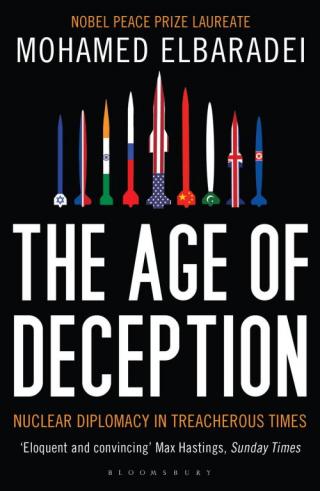
Аннотация
When, in 1997, the International Atomic Energy Agency unanimously elected Mohamed ElBaradei as its next Director General, few observers could have forecast the dramatic role he would play over the next 12 years. Certainly, the stage onto which Dr. ElBaradei stepped—featuring Saddam Hussein’s Iraq, Kim Jong-Il’s North Korea, Muammar al-Gaddafi’s Libya, and the Islamic Republic of Iran—gave ample opportunity for high-stakes and high-profile decision-making. But no one could have predicted that ElBaradei would be ‘the man in the middle’ of so many nuclear conflicts over so sustained a period of time. And after he and the IAEA were jointly awarded the 2005 Nobel Peace Prize, his role as middle-man only gained intensity.
In The Age of Deception, Dr. ElBaradei gives us his account from the centre of the nuclear fray. Readers will sit at the dinner table with Iraqi officials in Baghdad, listening as they bleakly predict the coming war. They will eavesdrop on the exchanges between UN inspectors and U.S. officials observing the behind-the-scenes formulation of an approach to foreign policy and diplomacy that would come to characterise the Bush administration. We gain a feel for the difficulty of the IAEA inspectors’ struggle to maintain objectivity when trust has been broken, or when the press—or governments—are playing fast and loose with the facts. The Age of Deception is a story of human imperfection, of modern society struggling to come to grips with the multiple dimensions of human insecurity.


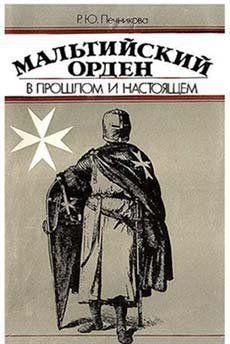
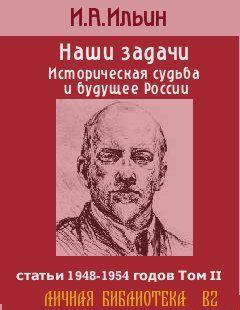
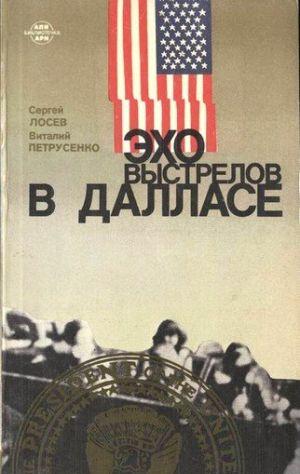


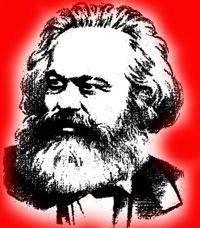



Комментарии к книге "The Age of Deception: Nuclear Diplomacy in Treacherous Times"